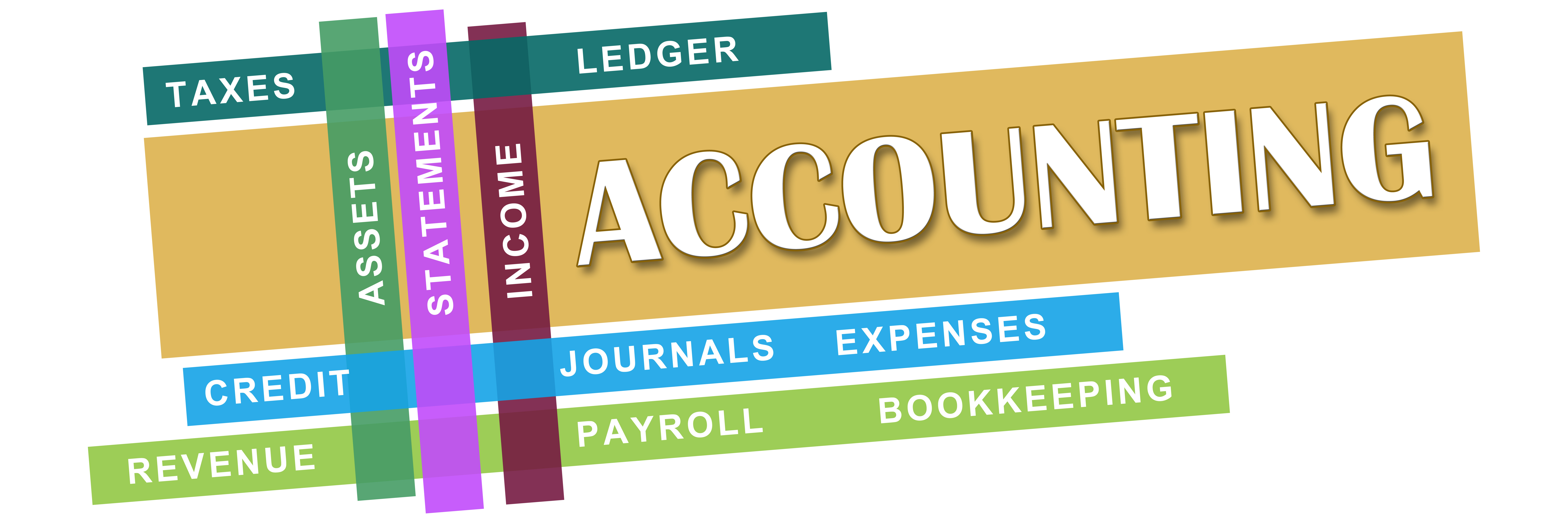Articles for CPAs during the pandemic: Expect delay in lease effective date for private companies and NFPs – 4/9

Big news from FASB yesterday. They are planning to postpone the new lease rules for private companies and most not-for-profit entities.
4/8/20 – Journal of Accountancy – FASB effective date delay proposals to include private company lease accounting and Wall Street Journal – FASB Proposes Delaying New Accounting Rules for Some Companies Because of Coronavirus – FASB is moving towards a deferral of revenue recognition that applies to a very narrow slice of companies. Also moving toward a deferral of new lease accounting for private companies and private not-for-profit organizations.
…













